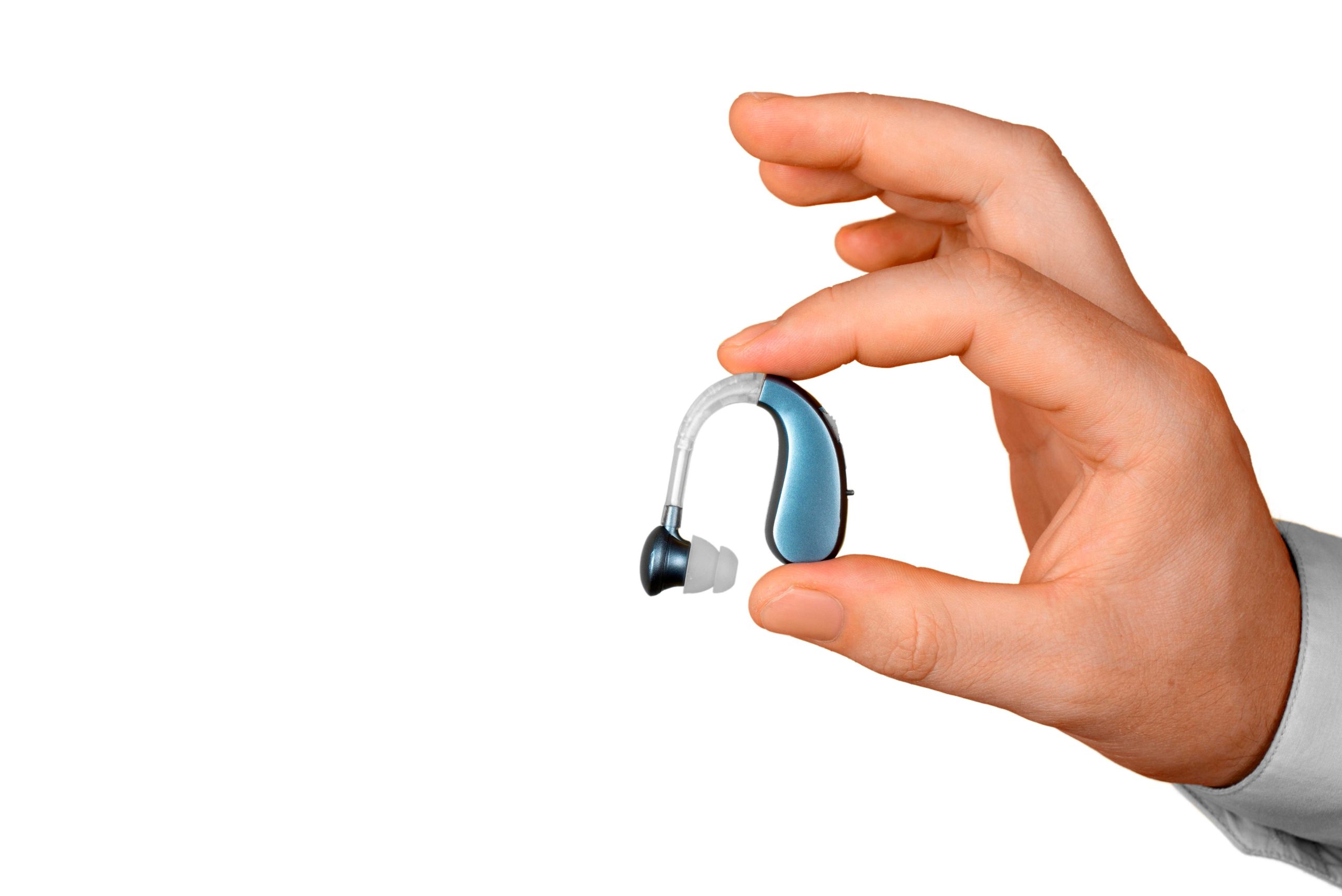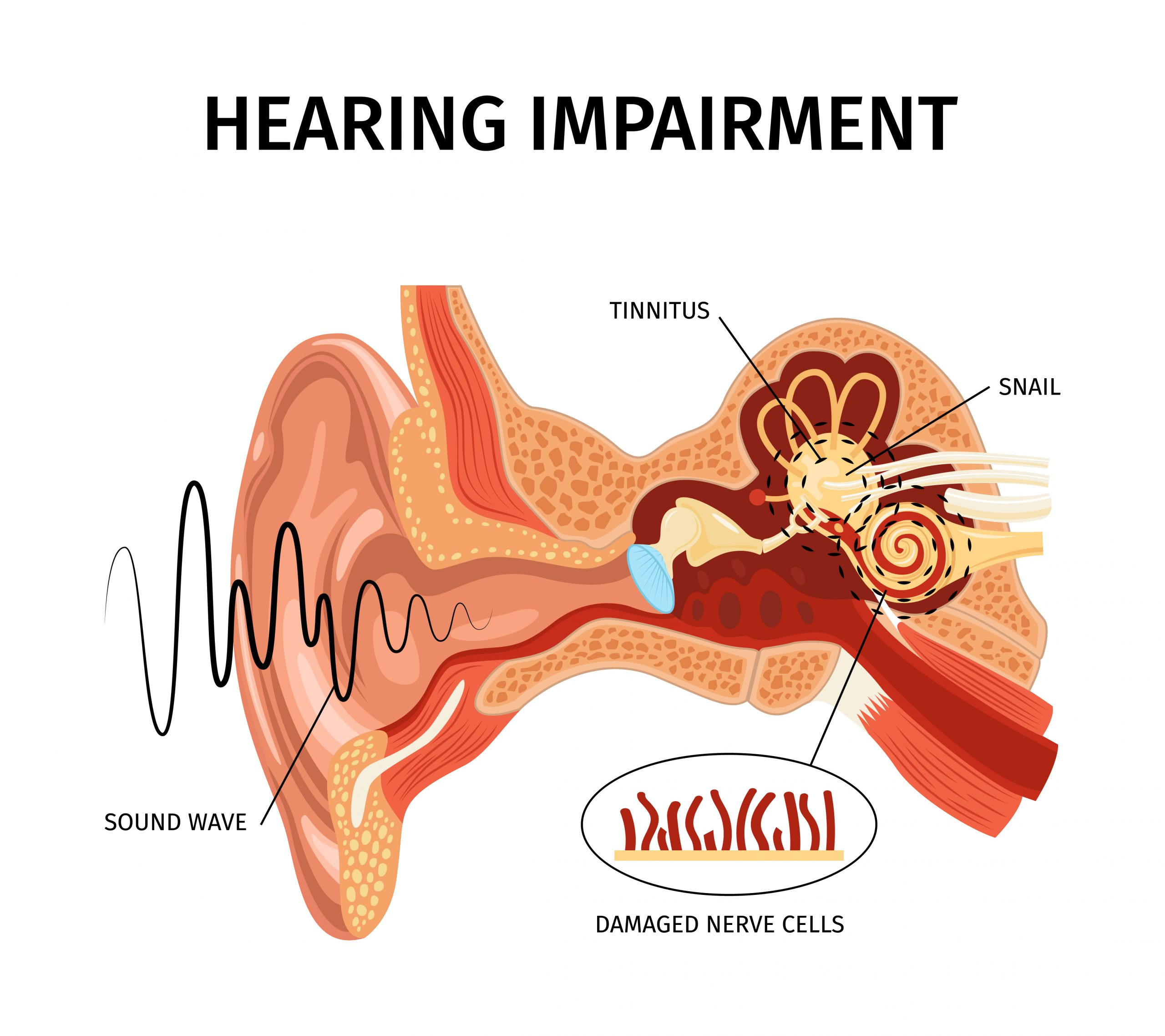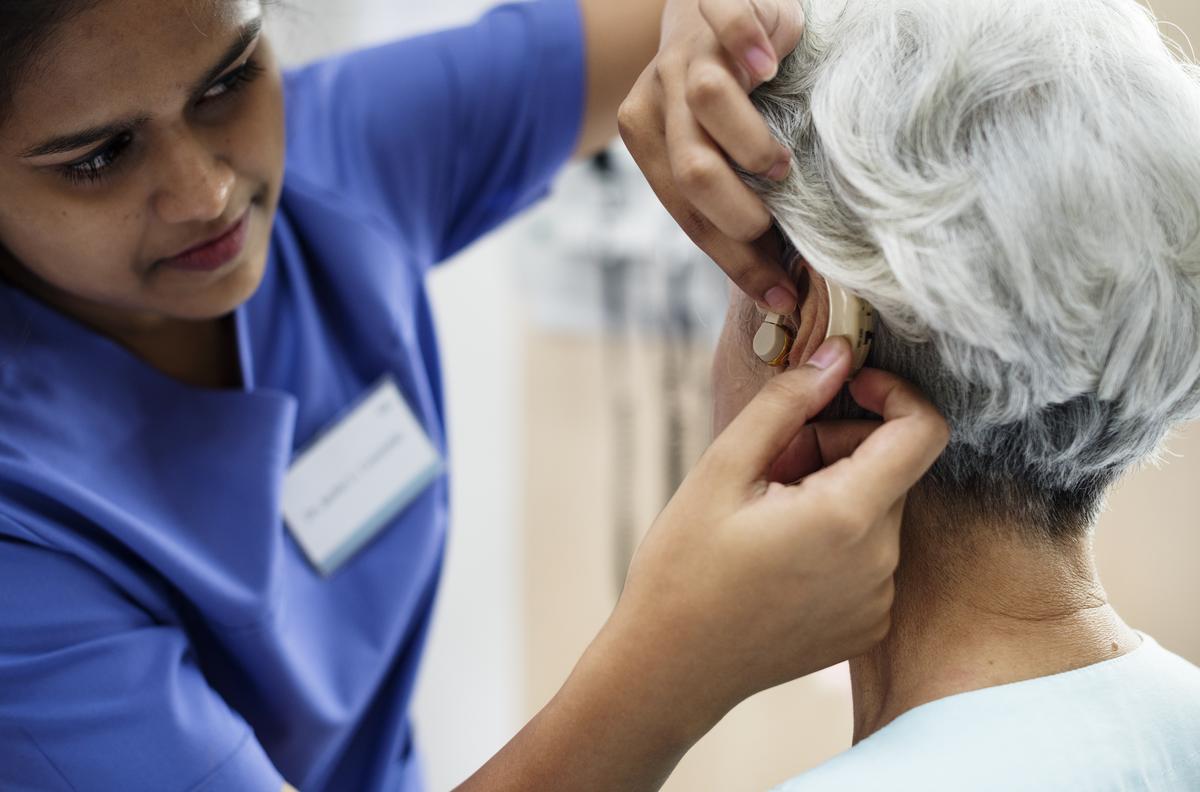Breaking the Silence
As we confront the staggering statistics—over 1.5 billion people globally affected by hearing loss—urgent actions are needed to address its profound impact on individuals’ lives and societal well-being….
By Ms Saima Wazed

Each year, we observe World Hearing Day to raise awareness of how to prevent deafness and hearing loss and to promote ear and hearing care worldwide. This year, we commemorate the occasion with a call to focus on “Changing Mindsets: Let’s make ear and hearing care a reality for all!”

We acknowledge that challenges persist due to societal misperceptions and mindsets characterised by stigma. On this day, we renew our focus to overcome these challenges by raising awareness and sharing information targeted at the public and healthcare providers.
It is estimated that over 1.5 billion people globally are affected by hearing loss, with nearly 80% of them residing in low- and middle-income countries. In South-East Asia alone, an estimated 400 million people currently experience ear and hearing problems, representing more than 25% of the global burden.
Unfortunately, these numbers are on the rise. At the current rate, it is projected that by 2050, there could be over 660 million people with ear and hearing problems in our region alone.
Despite its prevalence, and the availability of effective and cost-effective interventions, over 80% of ear and hearing care needs remain unmet globally. Urgent action is needed to address this issue.
Hearing loss has severe implications for language development, psychological well-being, quality of life, educational attainment, and economic independence.
Many of the common causes of hearing loss, such as birth-related problems or ear diseases, can be prevented. Furthermore, nearly everyone with an ear or hearing problem can benefit from available effective and cost-effective medical, surgical, and rehabilitative interventions.
The economic impact of unaddressed hearing loss is staggering, with the global annual cost reaching nearly US$1 trillion, and the cost for our region alone amounting to $110 billion.
However, investing just US$1.33 per capita annually for ear and hearing care in health systems can yield a remarkable return of nearly US$16 for every dollar invested over a 10-year period. Sustained investment promises substantial returns and a significant reduction in unaddressed hearing loss costs.

Bangladesh, Myanmar, and Nepal have already conducted situational assessments using WHO tools and are progressing towards strategic development for strengthening ear and hearing care services.
Myanmar aims to provide integrated services, combining eye care, elderly care, and mental health services in a people-cantered approach at the community level. Free hearing aids were provided in Myanmar during the situational assessment conducted last year.

Bhutan has initiated screening of all children for ear and hearing issues and provided services, including free hearing aids for children.
Currently, our teams are collaborating with and providing technical support to the Government of India to redesign the National Program for Prevention and Control of Deafness.
Indonesia’s Ministry of Health intends to develop a roadmap for the prevention and control of ear and hearing disorders, with support from our teams as part of the current biennium work plan.
Moving forward, our regional priorities include accelerating the implementation of people-centred ear and hearing care services, promoting safe listening practices, advocating for research and data generation, and strengthening human resources.
Let us unite in our commitment to change mindsets related to ear and hearing care, recognising the impact it has on lives and livelihoods. By addressing misperceptions, promoting awareness, and advocating for increased investment and integration in primary healthcare, we can and will pave the way for a healthier, more inclusive future.
(The author is WHO Regional Director for South-East Asia)

